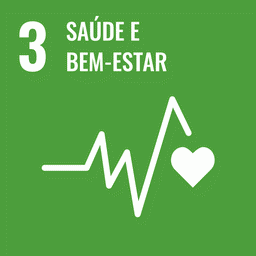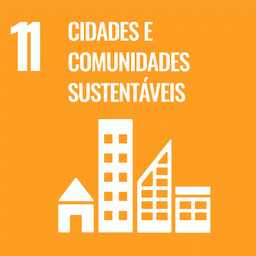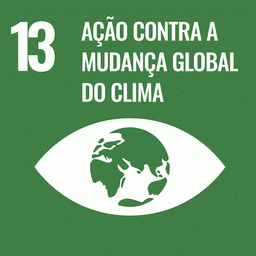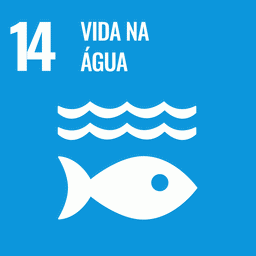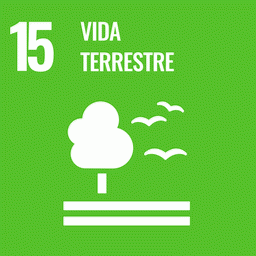Inequalities in benefits from ecosystem services (ES) challenge the achievement of sustainability goals, because they increase the vulnerability of socio-ecological systems to climate hazards. Yet the unequal effects of changes in ES, and of climate change more generally, on human well-being (HWB) are still poorly accounted for in decision-making around adaptation, particularly in tropical countries. Here, we investigate these dynamics through the lens of local peoples’ perceptions of ES in relation to human well-being (HWB), and how these are affected by climate change in three distinct regional case studies in the Atlantic Forest in Southeast of Brazil. Through structured questionnaires, we found that the local perceptions of important ES are region-dependent, particularly identifying services regulating local climate and air quality, water flow and quality, food provisioning, and cultural services of landscape esthetics related to forest regeneration. HWB was expressed through material (e.g., economic security, environmental conditions) and higher accounts of non-material (e.g., feelings, health and social connections) dimensions. Specific environmental changes were identified by 95% of those responding, 40% of whom included climate change as one of these. When asked about climate directly, 97% of those responding identified relevant changes in regionally relevant ways. Rising temperatures, unbalanced seasons, altered rainfall patterns, drought, increase of extreme events, and sea level rise are negatively affecting both material and non-material dimensions of HWB across regions. These perceived changes aligned with observed and projected climate changes in the regions. Benefits from ES accrue for HWB at different scales depending on the specific ES and region. For example, crop production by small farmers or exported in sugar cane, water captured for agricultural irrigation or used for urban supplies, and fish resources for local consumption and lifestyle or as a recreational attraction for visitors. Policy choices about such balances will affect local vulnerabilities to the expected future climate and other environmental changes in the region. This place fine-scale observations and the empowerment of local knowledge at the core of policy decisions about adaptation to support a climate-resilient future for traditional communities and small farmers.
Cartilha Mudanças Climáticas e Povos Indígenas
Os textos e ilustrações da cartilha foram feitos pelos alunos do curso de Gestão Etnoambiental do Centro Amazônico de Formação Indígena (CAFI) de forma clara e objetiva. O objetivo da publicação é ter em mãos um instrumento de multiplicação do conhecimento e visões sobre mudanças climáticas para ser utilizado nas aldeias e em capacitações com os indígenas.
